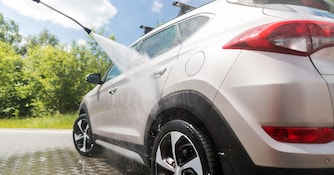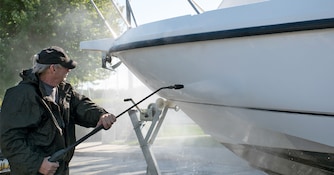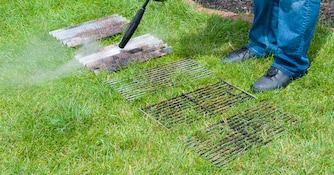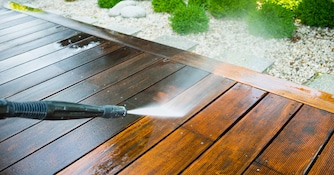
Keeping Your Motor Clean
You've taken your car through the car wash, and you've vacuumed out the inside, but you've still missed the most important part of your car: the engine. Hidden under the hood, many will never notice how dirty it gets. Road grime and oily buildup splash up on the engine, coating it black with filth. But you can blast it all away with a pressure washer.
Maybe you've wondered "can you pressure wash a car engine?" and the answer is yes. However, where people sometimes get it wrong is that there is a correct way and incorrect way to pressure wash engine blocks safely and effectively, without damaging critical engine components.
If you want to learn how restored classic cars got to have those impeccably clean engines and hood cases, this guide will help you make your own car's engine look like it just rolled off the assembly line.
Protect All Electrical Components
Protect all electrical components with saran wrap or plastic bags to prevent water from getting in and shorting out electrical connections. It's worth spending the extra time here making sure you haven't missed any critical components like alarm systems and other electrical connections. Oftentimes, a simple rubber band or tape around the plastic over the component works great. Most of the success of this project lies in properly wrapping and protecting your electrical components from damage.Here's a simple list of components we recommend protecting before washing:
- Alarm systems
- Battery wiring and terminals
- All spark plugs
- Distributor cap
- Alternator connections
- Headlight case wiring, if applicable
- Cabin air filter box, if desired
Degrease the Engine
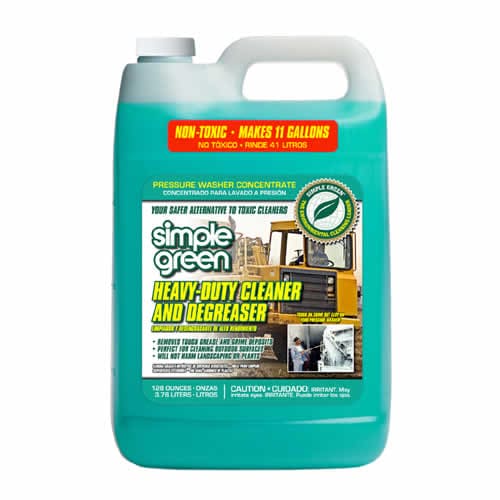
Use a degreaser detergent that is designed to be non-corrosive. Make sure the engine is not hot, otherwise the detergent can't soak properly and you could burn yourself while cleaning.
Spray the engine thoroughly, coating all corners. Use a firm brush to work the degreaser in. Leave the degreasing detergent settle on the engine so it can effectively loosen the grease.
Another way to do this is to use a hand-held degreaser bottle and a brush to work the solution into the corners and any hard-to-reach areas you want to clean.
Clean Using a Pressure Washer
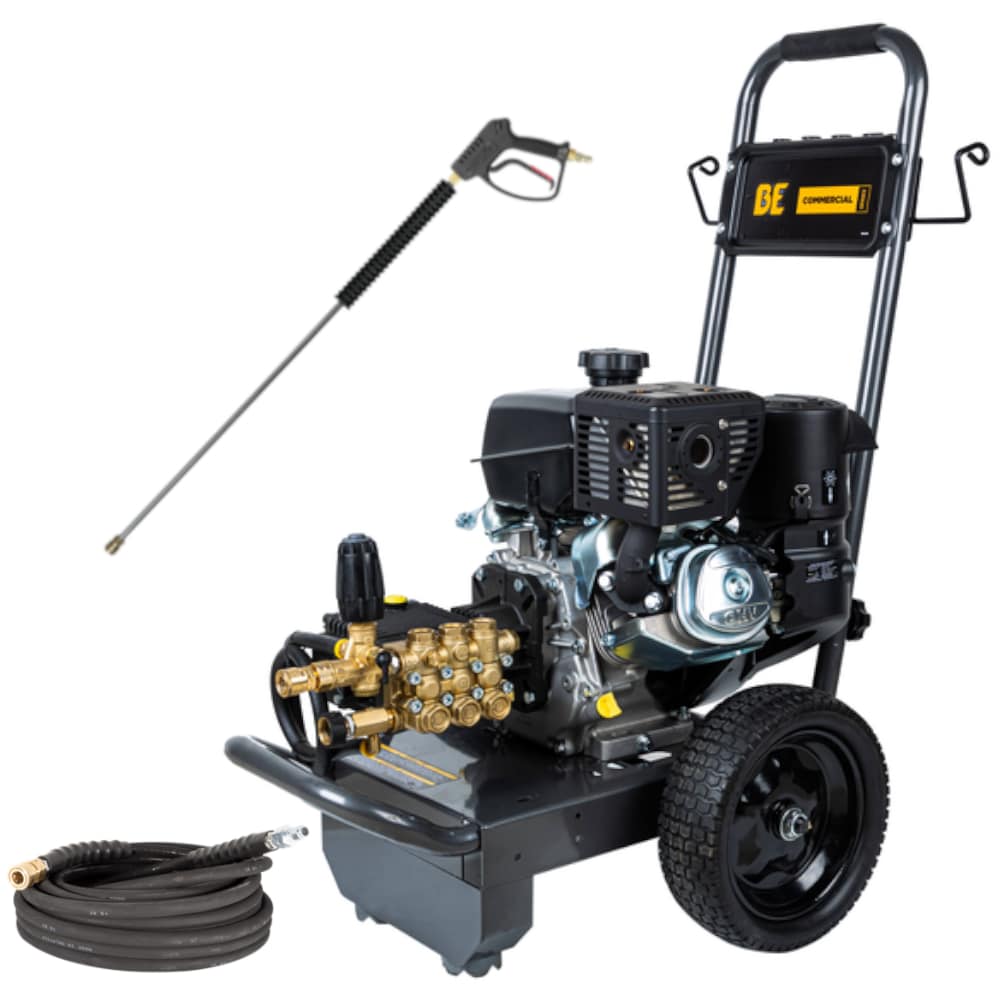
Once the detergent has soaked for a few minutes, you're ready to rinse. Using a pressure washer, start with the lowest pressure setting and a softer, wide-angle spray tip (at least a 25-40 degree angle tip) to avoid blasting water into the electrical components. For this job, starting with a PSI under 1,500 should be more than sufficient.
If you can't adjust the pressure, be sure to hold the wand further from the engine, at least 5 feet to start. Spray away all of the cleaner and residue until the engine is as clean as possible.
Wipe it Dry
It's most effective to use microfiber towels, but you can use old rags if you wish. Wipe everything as dry as you can. Areas you can't reach can be left to air dry in your driveway on a sunny day, or in the garage. You may still find some dirty spots. You can use the towel on these and scrub those areas clean with a little "elbow grease."
Spray on Some Protection
Spray down non-metal areas with plastic/vinyl care spray. A popular brand to use is Armour All. Leave it to settle for a couple of minutes, then wipe off excess.
Using a microfiber towel or other soft cloth, buff the protectant to a nice shine. This will not only protect your plastic and vinyl coverings from drying out and cracking, but it will also make them look nice.


